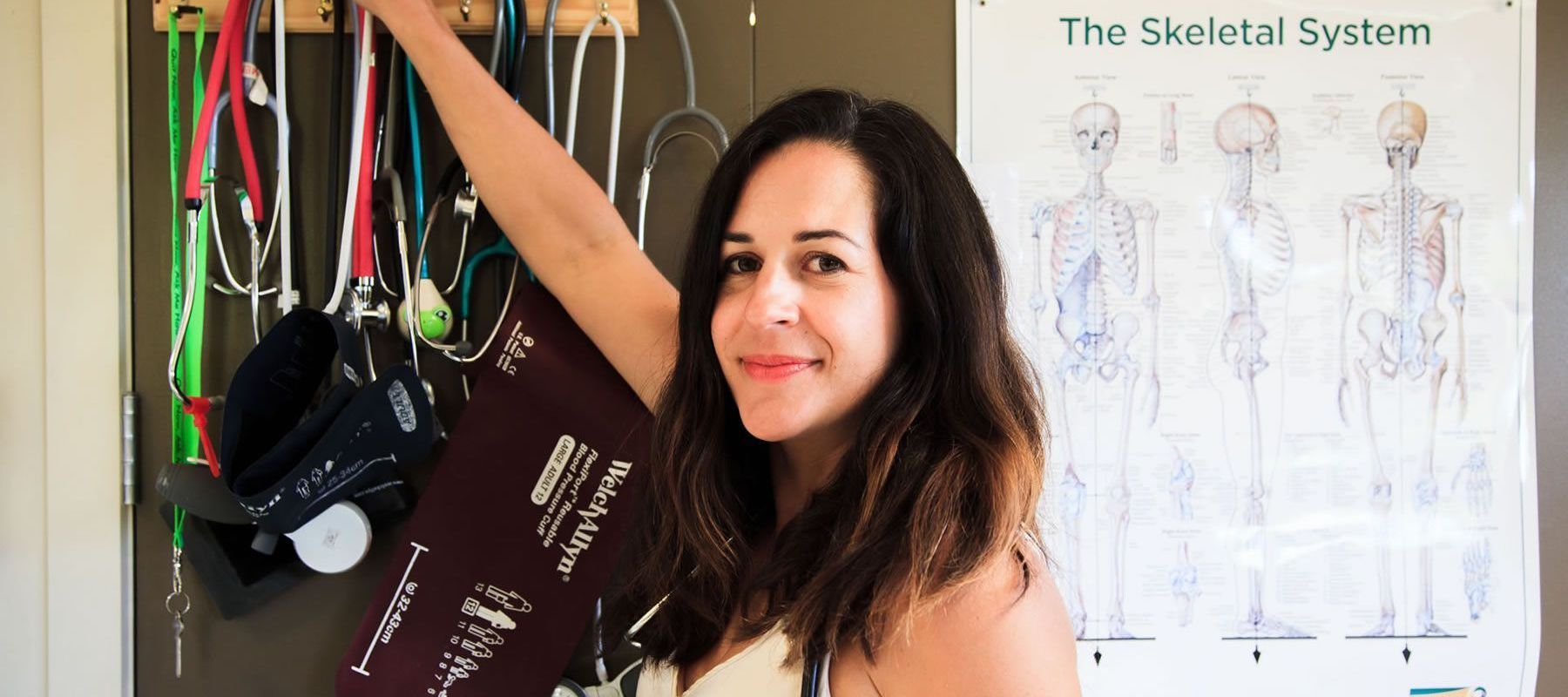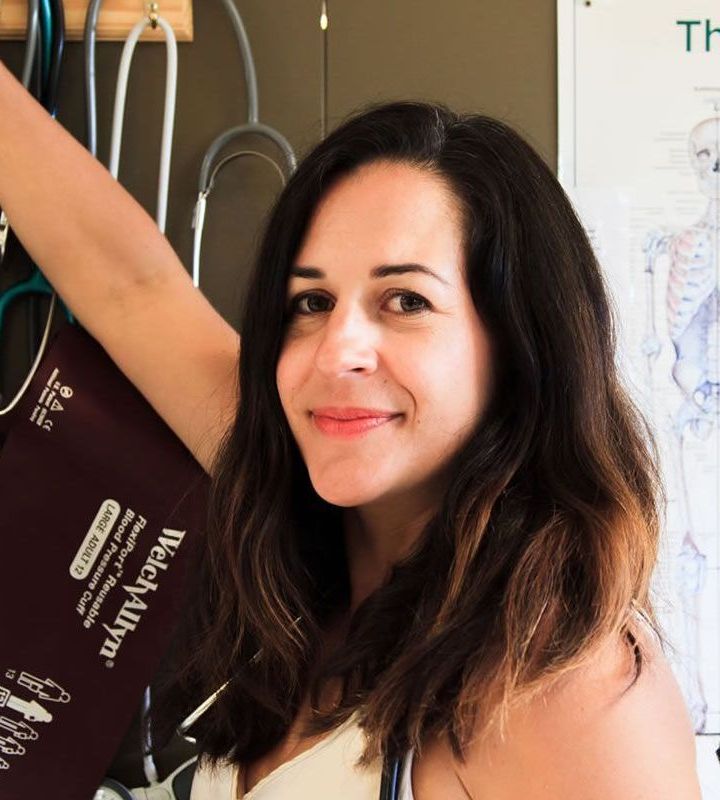MMR
MMR Vaccine .... Measles, Mumps & Rubella
PAPAMOA PINES MEDICAL CENTRE STRONGLY SUPPORTS THE VACCINATION OF ALL CHILDREN IN ACCORDANCE WITH THE NATIONAL IMMUNISATION SCHEDULE. Visit www.immune.org
Without immunisation your child can infect others: unimmunised people can pass disease on to babies who are too young to be fully immunised. Unimmunised people may be a risk to children and adults who can't be immunised for medical reasons these include people with leukaemia and other cancers who are receiving chemotherapy, radiotherapy or large doses of corticosteroids.
Without immunisations your child may have to be excluded at times from school or childcare during a disease outbreak which may cause hardship for the parent and the child.
We strongly encourage you to immunise your child. Your final decision affects not only the health of your child, but also the rest of your family, the health of your child's friends and their families, classmates, neighbours and community.
MEASLES
- Measles is highly contagious – and easily preventable.
- It affects both children and adults.
- 2 doses of the measles vaccine is all you need to protect yourself, your family and your community.
- Vaccination is particularly important if you are planning to travel anywhere overseas – to protect yourself and to help prevent outbreaks in New Zealand.
How is measles spread?
Measles is a highly infectious virus that spreads easily from person to person through the air, via breathing, coughing and sneezing. It affects both children and adults.
People with measles are infectious 5 days before and until 5 days after the rash appears.
Measles complications
Measles can be life threatening: about 1 in 10 people with measles will need hospital treatment.
Measles can also lead to other complications, including:
- ear infections (which can cause permanent hearing loss)
- diarrhoea
- pneumonia
- seizures
- swelling of the brain – this is rare, but can cause permanent brain damage or death.
Up to 30 percent of people with measles will develop complications – usually children under five and adults over the age of 20.
Measles during pregnancy increases the risk of miscarriage, premature labour and low birth-weight babies.
MUMPS


- Mumps causes swelling in the glands around the face.
- It can lead to meningitis in about 1 in 10 people.
Mumps is spread through the air by breathing, coughing and sneezing, or through contact with infected saliva (ie, kissing, sharing food and drink).
If you’ve caught mumps, it usually takes 16–18 days before you get sick. You’ll be infectious from 1 week before swelling appears until 9 days after.
If you or your child has mumps, the symptoms are:
- pain in the jaw
- fever
- headache
- swelling of the glands around the face.
Immunisation
All children in New Zealand can be immunised against mumps as part of theirfree childhood immunisations at 15 months and 4 years old.
Vaccine
This disease is covered on the New Zealand Immunisation Schedule. The vaccine used is M-M-R® II.
Making a decision about immunisation
Risks associated with mumps
- In about 1 in 10 people it causes meningitis, but it is usually relatively mild.
- It causes encephalitis (inflammation of the brain) in about 1 in 6000 people, of whom 1 in 100 will die, and nerve deafness in 1 in 15,000 people.
- If infected after puberty, 1 in 5 males gets testicle inflammation and 1 in 20 females gets ovary inflammation. In rare cases this leads to infertility.
It’s important to protect children from mumps by getting them immunised on time. They’re not protected until they’ve had both doses.
RUBELLA

Rubella is usually a mild viral illness – but if a pregnant woman catches it, it can lead to birth defects in her unborn baby.
Rubella is spread through the air by breathing, coughing and sneezing.
If you’ve caught rubella, it usually takes 16–18 days before you get sick. You’ll be infectious from 7 days before the rash appears until at least 4 days after.
A few cases of rubella occur in New Zealand each year.
If a child has rubella, the symptoms are:
- a rash on the face, scalp and body
- fever
- swollen glands.
In teenagers and adults, the symptoms are:
- a rash on the face, scalp and body
- swollen glands
- joint pain.
Stop rubella spreading
If your child has rubella, they should be kept home from school or early childhood services for 7 days from the appearance of the rash. This will help prevent the spread of rubella in your community.
Immunisation
Getting immunised before pregnancy is the best way to protect unborn children from rubella.
All children in New Zealand can be immunised against rubella as part of theirfree childhood immunisations at 15 months and 4 years old.
All women of child-bearing age can be screened to see whether they’re immune to rubella at no cost. If you’re not immune, you’re eligible for free rubella vaccine.
Vaccine
This disease is covered on the New Zealand Immunisation Schedule. The vaccine used is M-M-R® II.



